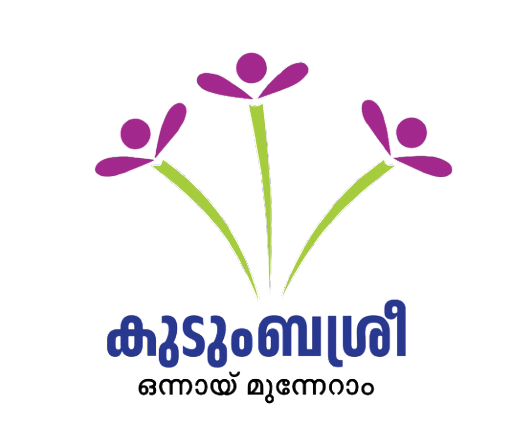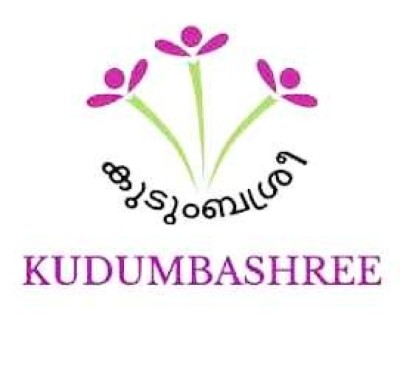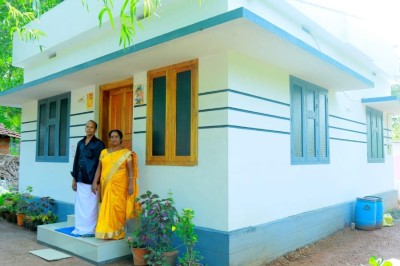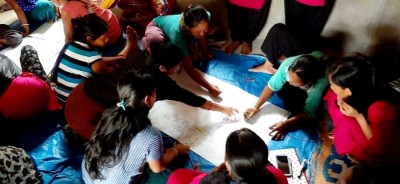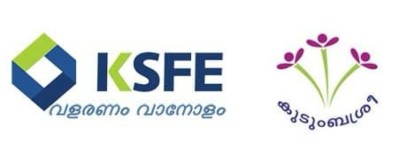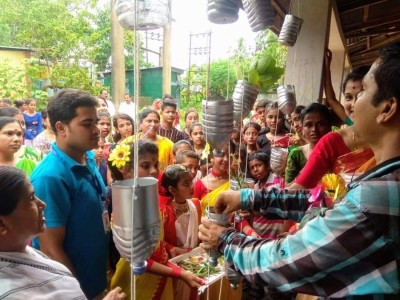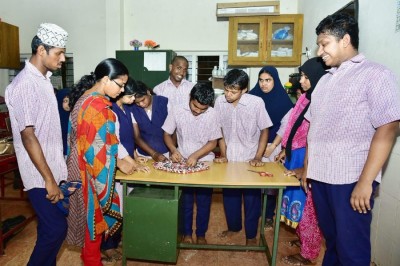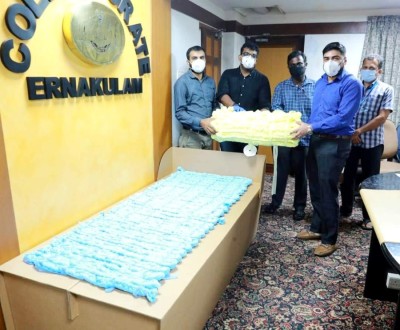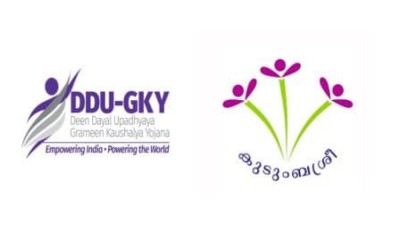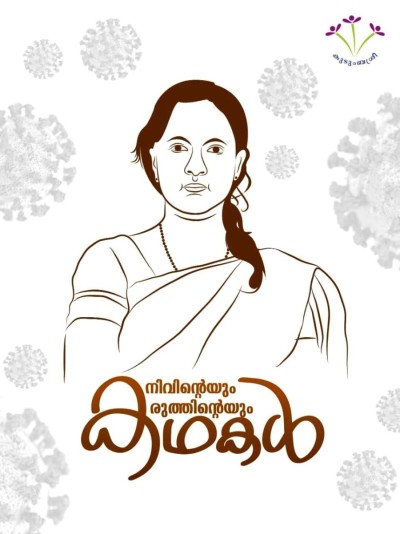Idukki block comes first in SVEP ranking Updated On 2020-08-19
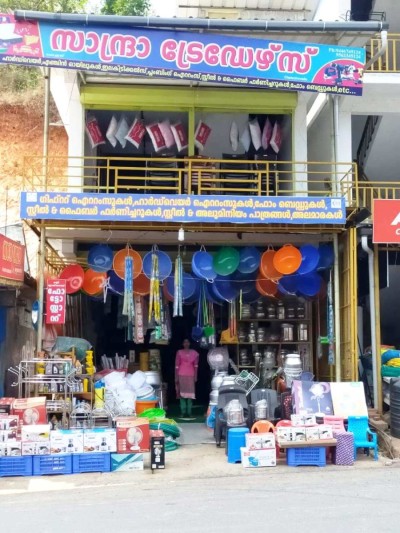
Idukki block of Idukki district has came first in the SVEP ranking, done based on the performance for the last year, reviewing the activities of the 14 blocks in the 14 districts of Kerala. On analyzing the data of the programme for the last two years, the programme is giving excellent results and the blocks were ranked on the basis of performance. Idukki block of Idukki district came in first place in ranking. Nilambur block of Malappuram district, Vaikom block of Kottayam district, Neeleshwaram block of Kasaragode block and Vadavukode block of Ernakulam district came in the remaining four places respectively. The districts were analysed based on 10 factors like the completion of the targets (formation of the enterprises), giving legal status to enterprises, inclusion of the vulnerable communities for enterprise formation, data updation (entry in MIS) etc.
Startup Village Entrepreneurship Programme (SVEP), is being implemented through Kudumbashree in the selected 14 development blocks of Kerala, which encourages the Kudumbashree members to start enterprises. These enterprises are started in those sectors where there’s potential for sales in that area. Also, effort is taken to make use of the local resources to the maximum. It was aimed to start 26,032 enterprises within 4 years through this programme which was launched in the 14 blocks of Kerala during 2017. A total of 11,211 enterprises were started in the 14 blocks in the state within these two years.
As a first step, Block Nodal Society for Enterprise Promotion (BNSEP) is started in the blocks selected for SVEP project. Then, Micro Enterprise Consultants (MEC) from Kudumbashree are selected. The Executive Committee of BNSEP comprises the CDS Chairpersons of all the CDSs in the Blocks and micro enterprise (ME) Sub Committee Conveners. Those who are interested in self employment through new enterprises are identified and are supported. They are provided with all supports through the MECs, who function under the leadership of BNSEP Executive Committee. It had been two years since this programme has been commenced in Kerala.









